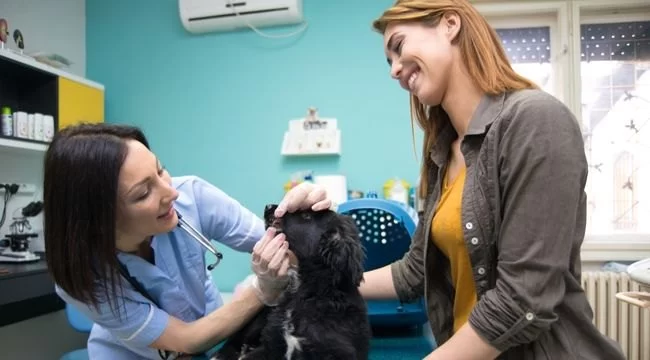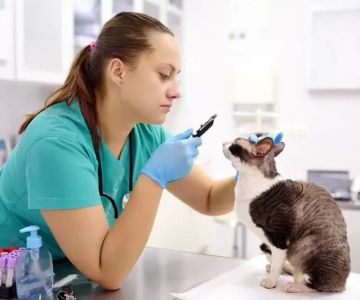Understanding How Often You Should Take Your Dog to the Vet
As a responsible pet owner, one of the most important aspects of ensuring your dog's health is regular veterinary checkups. However, how often should you take your dog to the vet? The answer can depend on several factors, including the breed, age, and overall health of your dog. In this guide, we'll explore the frequency of vet visits based on your dog's breed, providing you with the necessary information to keep your furry friend in optimal health.
- The Importance of Regular Vet Visits
- Factors Affecting How Often You Should Visit the Vet
- Breed-Specific Vet Visit Guidelines
- Puppies and Senior Dogs: Special Considerations
- Why You Should Consider Hidden Brook Veterinary
The Importance of Regular Vet Visits
Regular vet visits are crucial for maintaining your dog's health. Just like humans, dogs can develop health issues that may not be immediately visible. Early detection through routine checkups can prevent more severe conditions and increase the lifespan of your pet. Regular vet visits also help maintain vaccinations, monitor weight, and ensure your dog is up to date on preventative care.
Taking your dog to the vet isn’t just about emergencies or sickness—it’s about maintaining wellness. Regular checkups allow for early interventions, such as treatments for parasites, dental care, and dietary guidance. Ensuring your dog gets the proper care at the right time can make all the difference.
Factors Affecting How Often You Should Visit the Vet
Several factors can influence how often you should take your dog to the vet. These include:
- Age - Puppies and senior dogs typically need more frequent vet visits.
- Breed - Some breeds are more prone to certain health issues, which may require more frequent visits.
- Health Status - Dogs with chronic conditions or those recovering from surgery may need extra checkups.
- Lifestyle - Dogs who are very active, exposed to other animals, or live in a harsh environment may need more attention.
Breed-Specific Vet Visit Guidelines
Different dog breeds have varying health requirements and risks. Understanding these risks will help you determine the best vet schedule for your dog. Here are some breed-specific guidelines:
Small Breeds (e.g., Chihuahuas, Dachshunds)
Small breed dogs tend to live longer than larger breeds, but they are also prone to certain conditions like dental issues and joint problems. For small dogs, annual checkups are usually sufficient, but more frequent visits may be needed as they age or develop specific health concerns.
Large Breeds (e.g., Great Danes, German Shepherds)
Large breed dogs often face different health challenges, such as hip dysplasia, heart conditions, and shorter life spans. These dogs typically benefit from bi-annual vet visits to monitor for these issues. Early detection of such conditions can significantly improve their quality of life.
Brachycephalic Breeds (e.g., Bulldogs, Pugs)
Dogs with flat faces, or brachycephalic breeds, are prone to respiratory problems and require more frequent monitoring. These breeds should be seen by the vet every six months to ensure their breathing and overall health are in good shape.
Working Breeds (e.g., Border Collies, Huskies)
Working dogs are highly active and may experience wear and tear from their intense exercise routines. They may need more frequent checkups to ensure their joints, muscles, and overall health are being properly managed. Regular checkups every six months are recommended for working breeds.
Puppies and Senior Dogs: Special Considerations
Both puppies and senior dogs have unique healthcare needs. Puppies need more frequent visits in their first year to ensure vaccinations are up to date, monitor growth, and catch early signs of developmental problems. Typically, puppies should visit the vet at 8 weeks, 12 weeks, and 16 weeks, then annually after their first year.
Senior dogs, typically 7 years or older, also need more frequent visits to monitor for age-related conditions like arthritis, heart disease, and dental problems. Bi-annual checkups are highly recommended for senior dogs to manage these conditions effectively.
Why You Should Consider Hidden Brook Veterinary
At Hidden Brook Veterinary, we offer expert care for dogs of all breeds, ages, and sizes. Our team understands the specific needs of each dog breed and tailors our services accordingly. Whether you have a playful puppy or a senior dog with specific health concerns, our team is here to provide the best care possible. Visit us for routine checkups, vaccinations, and specialized care that your dog deserves.












